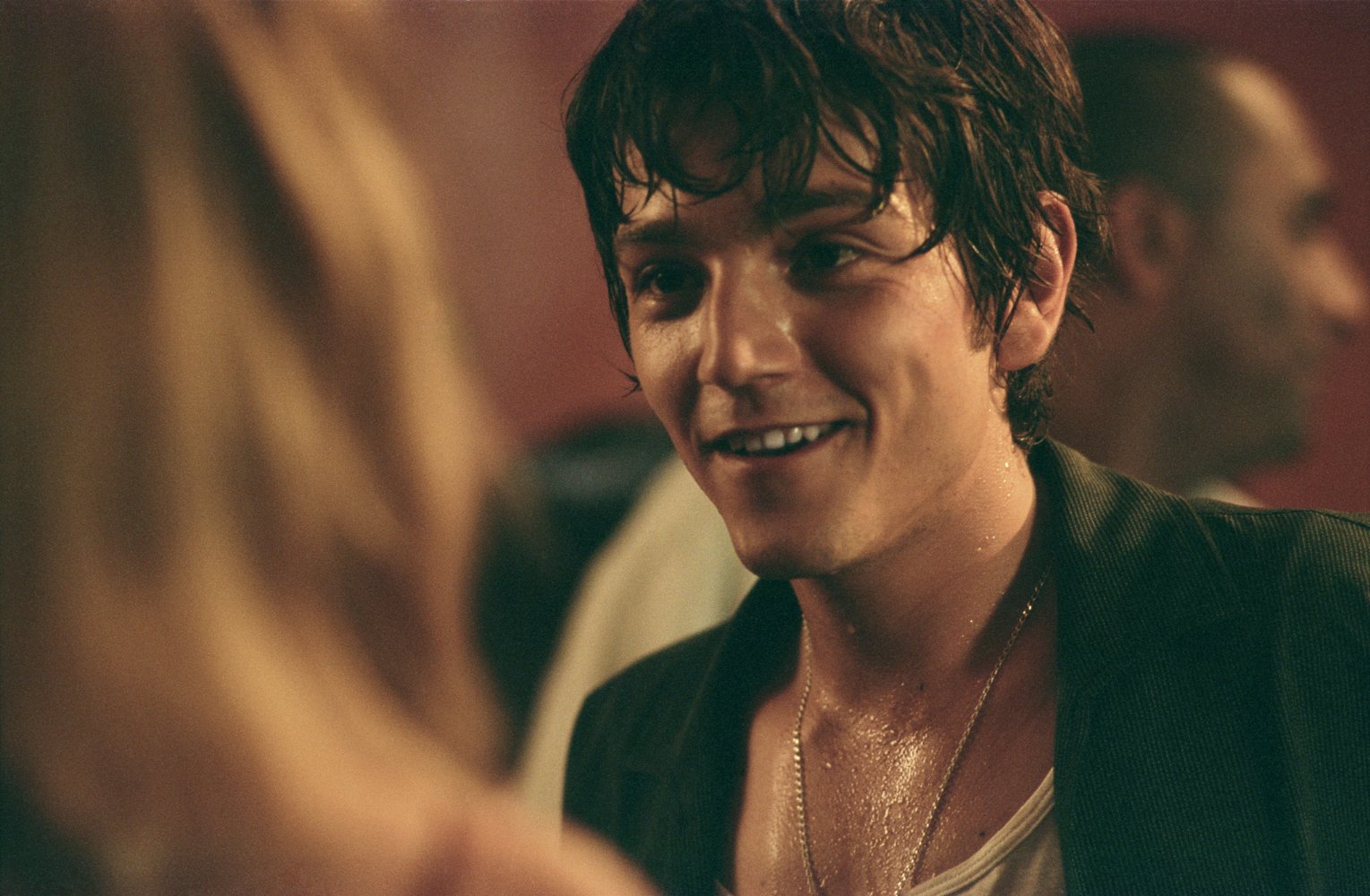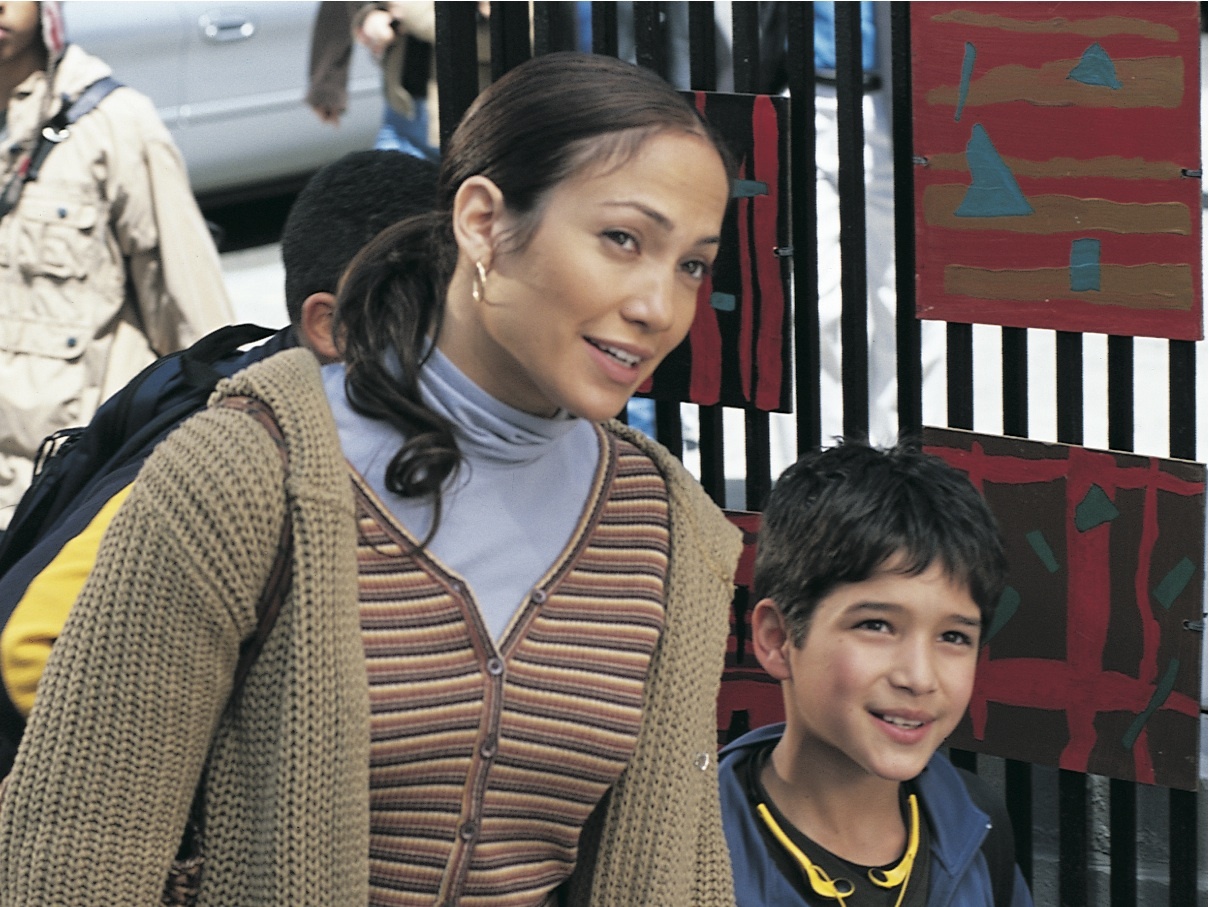Latinx representation in Hollywood is something that seems to be suspiciously under the radar, even though it’s highly important, as the Latinx identity is one that is diverse and multifaceted. Despite characters like Sofia Vergara’s Gloria in ABC’s Modern Family and the casts of Lifetime’s Devious Maids and TNT’s Queen of the South existing in the media, there’s still more that needs to be done in Hollywood, such as focusing more on darker-skinned tones, racial diversity, and whitewashing. For every Gloria onscreen, there’s only one April Sexton, Yaya DaCosta’s Afro-Brazilian role on NBC’s Chicago Med, or Carla Espinosa, Judy Reyes’ proud Dominican character on NBC’s Scrubs. Even the roles like Vergara’s role—which is a “sexy Latina” stereotype—need work in order to exist outside of the stereotypes that have been wrongly attached to Latinx characters and actors.
Two of the latest instances of Hollywood’s failure at Latinx representation are X-Men Sunspot and Dr. Cecilia Reyes. The Afro-Latinx characters, which will be part of the new X-Men film The New Mutants, will be played by Henry Zaga and Alice Braga. Zaga is Brazilian, but he isn’t black or biracial, which removes much of the context from Sunspot’s character, as his characterization stems from the racial issues he’s had to face as a biracial Afro-Brazilian. Alternatively, Braga is Afro-Latina, but being light-skinned, she’s able to exhibit a privilege that the original, darker-skinned actress up for the role, Rosario Dawson, can’t. Again, it takes an important piece away from a character that is not just Puerto Rican, but defined by her place in the African Diaspora.
Throughout this year, I spoke with several Latinx creators about how they feel about Hollywood’s Latinx representation and what can be done to make it better. This is a longform piece, so I’ll break this up into several sections:
- The roles afforded to Latinx actors in Hollywood
- Whitewashing and brownface in Hollywood
- The good and bad of Hollywood’s Latinx representation
- Wrapping up—why you must take Latinx representation seriously
The roles afforded to Latinx actors in Hollywood

Latinx actors, like many POC actors, are offered less than their fair share of meaningful roles. When they are offered roles, they’re often racist.
“When Latinx actors do get roles, I feel they’re oftentimes stereotypes,” wrote Desiree Rodriguez, Editorial Assistant for Lion Forge sci-fi comic book Catalyst Prime and writer for Women on Comics and The Nerds of Color, in an email interview. “The Spicy Latina, the Buffoon, the Tough Chick Who Dies, the Sexual Exotic Fantasy, the Drug Dealer, the Gangster, and so on.
“…What I find frustrating is when Latinx actors do get roles, it’s a struggle and they are locked into stereotypes,” said Rodriguez. “I’m a huge fan of Diego Luna, but the first role I saw him in he played a Cuban – when he is Mexican – man who was basically the exotic fantasy for the white female lead in Dirty Dancing: Havana Nights. This isn’t even getting into how Afro-Latinxs, Asian-Latinxs, and other mixed raced Latinxs are barred from roles because they don’t fit Hollywood’s pre-packaged idea of what being Latinx looks like.”
“I think currently, while we are seeing more visibility, the current roles that are offered or available to Latinos are the role of a servant position, like a maid or something that falls in line with the stereotypes people have about Latinos, like maybe a sidekick or a criminal,” said Janel Martinez, founder and editor-in-chief of Ain’t I Latina, a site celebrating Afro-Latinas and Afro-Latinx culture.
“For example, in Orange is the New Black, a lot of people were hyped about the fact that there was a great representation of Latinas in the actual show, which is awesome, but when you look on the flipside of that, this is a show about women in jail,” she said. “Also, Devious Maids, [co-produced by Eva Longoria], it’s a full cast of Latinas, two of them identifying as Afro-Latina, and they were maids. I think people are seeing the visibility, people are excited to be able to say if you’re watching the show, you’re seeing our representation…but I think it’s still in a very limited scope. I find that it’s not just a Carrie Bradshaw or just someone who happens to be a Latina but maybe they’re the magazine editor in the movie. Their identity, while it’s important, isn’t in line with stereotypes and then manifested in the character that they essentially embody.”
“Typically, I see lots of immigrant, day laborers and criminal roles going to Latinx actors,” wrote Gerry Maravilla, Head of Crowdfunding at Seed and Spark and writer-director of Cross, in an email interview. “I think this comes from often lack of interaction on behalf of writers and filmmakers with Latinx people in the real world. As such, they rely on what they’ve already seen in films or what they see from the vantage point of their more insulated experience.”
“By ‘insulated,’ I don’t mean that they live secluded or antisocial lives, but rather the lives they lead don’t actually include Latinx people in any meaningful way,” he said. “Instead, they see the Latinx peoples working in roles like day laborers or think about Latinx gang culture because of its coverage in the media.”
“I think the most important thing to remember about stereotypes is how detrimental they are to Latinx actors who are trying to be cast in roles that are meaningful [as well as] to creators and consumers as a whole,” said Kimberly Hoyos, filmmaker and creator of The Light Leaks, a website designed to support, educate and empower female and gender non-conforming filmmakers. “As a Latina creator, I’m not going to write a character that I wouldn’t personally maybe want to act as. I wouldn’t create someone who is my ethnicity that doesn’t represent something larger as a whole. As a consumer growing up, that’s what I would see, maids and…anything that was oversexualized or overcriminalized. I think that in part pushed me to be a creator so I would be in charge of what was being produced.”
Amy Novondo, singer and actor, said that several people she knows are frustrated with the lack of quality roles.
“[Hollywood] thinks of that over-dramatized telenovela atmosphere and [they think that] Latinos are only capable of that kind of acting their minds,” she said. “I know a couple of Latinos who are really mad about this because we barely get a chance to get into the audition room and when we do, we’re stereotyped right out of the box. It’s like, come on—I want a little more than that.”

Why have these stereotypes stayed around, and why have they kept their power? The answers lie in the pervasiveness of media itself, wrote Rodriguez.
“Media has a lot of power. The images we see, coupled with the words we read or we hear imprint on us however subtly,” she wrote. “It’s something of an irony that the Latin Lover trope can be attributed to Rudolph Valentino’s – a white Italian man – performance in 1921’s The Sheik, while stereotypes like The Domestic – where Latinx characters are gardeners, maids, etc – are perpetrated by popular, well known Latinx actors like Jennifer Lopez. And in Lopez’s case, we have an instance where Hollywood shows how deeply entrenched it is with its discomfort and ignorance dealing with the Latinx identity.”
Rodriguez references The Wedding Planner and Maid in Manhattan, which exhibit Lopez in two roles that reinforce racial and ethnic hierarchies.
“In The Wedding Planner, Lopez plays an Italian woman who is, for all intents and purposes, highly successful and comfortably well off. In Maid in Manhattan, Lopez plays a Latina woman who works as a maid in an expensive hotel, just scraping by as a single mom, and only finds success after she falls in love with a white man,” she wrote. “This creates a distorted image. As an Italian woman, Lopez’s character is an independent and successful career woman who eventually finds love. As a Latina woman, Lopez’s character is a single mom (enforcing the idea that Latino men are absentee fathers/bad family men), working as a maid until a rich white man “saves” her; then and only then does she find success.”
“This is, perhaps, a cynical viewing of what are two separate, and admittedly tropey romantic comedies. But again, media has power. Consciously or not, there’s a negative message to be had in the fact that Lopez’s Latina identity was erased in favor of an Italian one in The Wedding Planner,” she wrote. “By erasing our Latinx identities in favor of white ones, either by erasing the very existence of our Latinx identities or whitewashing them with white actors, media contributes to misinformation about what being Latinx is. Who we are as a collective culture and people – which is highly diverse and layered. Yet these stereotypes are upheld by this continued enforcement of ignorance and whitewashing.”
“[Stereotyping is] very, very detrimental and limiting because when you think of Latin America, we’re talking about over 20 countries and yes, we’re talking about Spanish [as a language] there are other languages [as well]…so I will say that when it comes down to not just representation, but inclusion in Hollywood, a person has to be invested in learning about the culture because there’s so many different moving parts,” said Martinez. “You can be Latino, Latina, Latinx, but you can be black, you can be Asian, you can be white and Latino. There has to be a great understanding of the culture.”
“…I think the work that is needed to really depict a Latino hasn’t been done and I think, specifically, when it comes to the representation, a lot of times they don’t even specify the nationality of the Latino [character]. …[Viewers] don’t even know if this person is Ecuadorian or Puerto Rican or if they’re from Honduras or Nicaragua or wherever because whoever wrote the role[.]”
Martinez also talked about how the different languages, slang words, and other cultural identifiers that make up Latin America aren’t taken seriously as characterization tools.
“When we see the portrayals on our screen, those things are not necessarily taken into account,” she said. “I don’t think there’s a strong grasp on what it means to be Latino, either Latino in America or Latino abroad.”

Hoyos said that stereotypes are at their most insidious when people don’t even recognize them as such.
“I think the most dangerous thing about stereotypes is that to the untrained eye, they’re not seen as anything negative…To the average viewer, if they see one crime movie with Latinx as they gang members or the thugs, they may not even call that movie racist,” she said. “They might be like, ‘Oh, other movies do that.’ It becomes a normalized thing, and I think that’s why need to educate ourselves as a whole. I think a lot of that goes to correcting others when we see problematic media as a whole.”
Maravilla echoes this point by examining the news’ portrayal of Latinx Americans.
“I think these stereotypes originate from a similar place as the kind of roles that go to Latinx actors. They come from an isolated or insulated experience from Latinx people that prevents them from seeing or understanding them as complex, three-dimensional people,” he wrote. “When you look at other films, Latinx people are often criminals, immigrants, blue-collar people, and when they look at news coverage, this is also typically our depiction.”
“As filmmakers try to balance telling an engaging and affective story, it’s easy to get caught up in the mechanics of making a narrative work at a story level, he wrote. “Because their focus or interest isn’t necessarily on accurate cultural representation, they rely on stereotypes to satisfy their story needs, but end up not fully realizing (and in some cases just not caring) about the harm these stereotypes are doing.”
Next: Whitewashing and brownface in Hollywood
